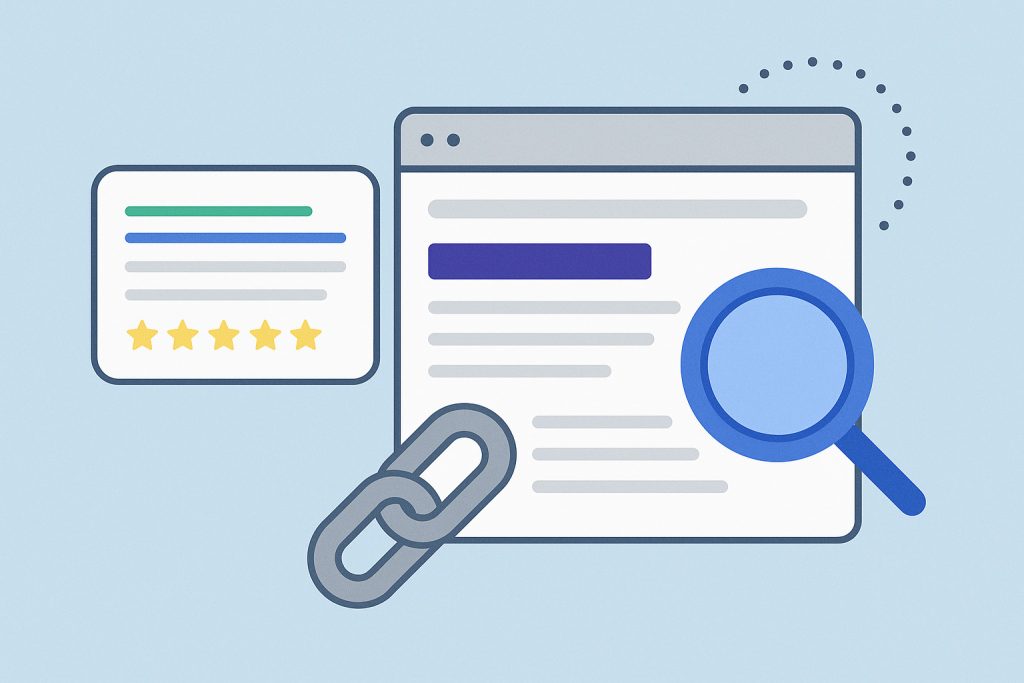Data analytics has become a cornerstone of modern digital marketing, providing invaluable insights that drive strategic decisions and enhance campaign effectiveness. By leveraging data analytics, businesses can optimize their marketing efforts, improve ROI, and gain a competitive edge. Here’s why data analytics is crucial in digital marketing and how it can transform your approach.
1. Enhanced Decision-Making
Data analytics provides a solid foundation for making informed decisions rather than relying on intuition or guesswork. By leveraging data analytics, businesses can develop a digital strategy that aligns with their goals and audience needs, ensuring more effective marketing efforts. By analyzing data, marketers can:
- Identify Trends: Recognize patterns and trends in customer behavior and market dynamics.
- Assess Performance: Evaluate the effectiveness of different marketing strategies and tactics.
- Allocate Resources: Make data-driven decisions on where to invest time and budget for maximum impact.
2. Improved Targeting and Personalization
Personalization is key to engaging today’s consumers, and data analytics plays a vital role in tailoring marketing efforts to individual preferences and behaviors.
- Customer Segmentation: Analyze customer data to segment audiences based on demographics, interests, and behaviors.
- Personalized Content: Use insights to create targeted content and offers that resonate with specific segments.
- Enhanced Customer Experience: Deliver personalized interactions and recommendations, improving customer satisfaction and loyalty.
3. Optimized Marketing Campaigns
Data analytics helps optimize marketing campaigns by providing insights into what works and what doesn’t, allowing for continuous improvement.
- Performance Tracking: Monitor key metrics such as click-through rates, conversion rates, and engagement to gauge campaign effectiveness.
- A/B Testing: Test different versions of ads, emails, or landing pages to determine which performs better.
- Campaign Adjustments: Use real-time data to adjust campaigns on the fly, optimizing for better results.
4. Informed Content Strategy
Content is a critical component of digital marketing, and data analytics helps shape a strategy that aligns with audience interests and preferences.
- Content Performance: Analyze which types of content generate the most engagement, shares, and conversions.
- Audience Insights: Understand what topics and formats resonate with your audience.
- Content Planning: Use data to guide content creation and distribution, ensuring it meets audience needs and drives desired outcomes.
5. Enhanced ROI Measurement
Measuring return on investment (ROI) is essential for evaluating the success of marketing initiatives and ensuring efficient use of resources.
- Cost Analysis: Track costs associated with different marketing channels and campaigns.
- Revenue Tracking: Measure the revenue generated from specific marketing activities.
- ROI Calculation: Analyze the ROI of various efforts to determine their profitability and effectiveness.
6. Competitive Advantage
Data analytics provides insights that can help you stay ahead of competitors and capitalize on market opportunities.
- Competitive Analysis: Monitor competitors’ performance and strategies to identify strengths and weaknesses.
- Market Opportunities: Use data to identify emerging trends and opportunities in your industry.
- Benchmarking: Compare your performance against industry standards and competitors to gauge your market position.
- Emerging Technologies: Embrace emerging technologies in digital marketing to stay ahead of trends and adapt to the rapidly evolving digital landscape.
7. Better Customer Insights
Understanding your customers is crucial for effective marketing, and data analytics offers deep insights into customer behavior and preferences.
- Behavioral Analysis: Track how customers interact with your brand across different touchpoints.
- Customer Journey Mapping: Analyze the customer journey to identify pain points and opportunities for improvement.
- Feedback Analysis: Collect and analyze customer feedback to enhance products and services.
8. Efficient Resource Allocation
Data analytics helps ensure that marketing resources are used effectively, maximizing the impact of your efforts.
- Budget Optimization: Allocate budget based on performance data to ensure the most efficient use of resources.
- Channel Effectiveness: Determine which channels deliver the best results and focus resources accordingly.
- Resource Planning: Plan and allocate resources based on data-driven insights, improving overall efficiency.
Conclusion
Data analytics is integral to digital marketing, offering critical insights that enhance decision-making, targeting, personalization, and campaign optimization. By leveraging data to inform your strategy, measure ROI, understand customer behavior, and stay competitive, you can maximize the effectiveness of your digital marketing efforts and drive business success.






